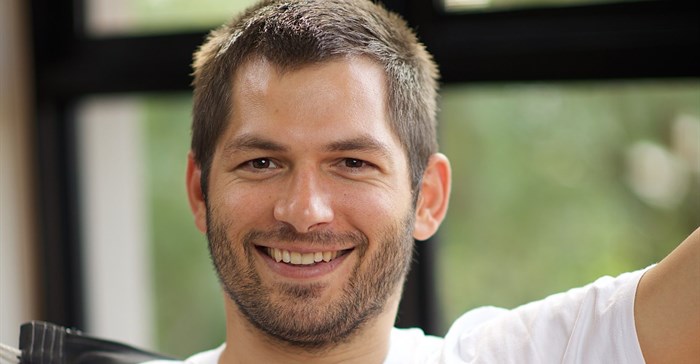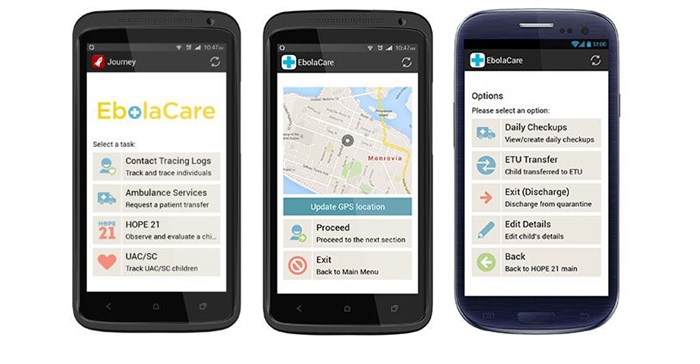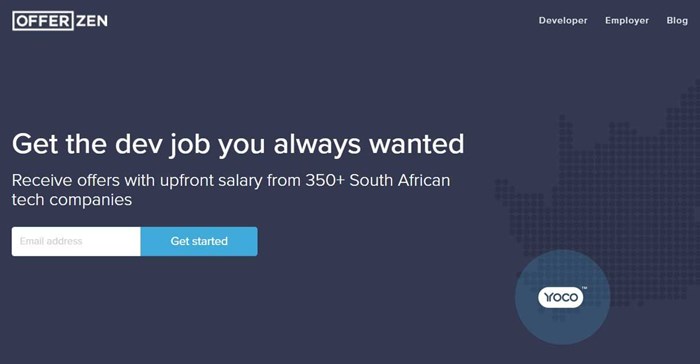
Malan and I were running a tech incubator called FireID for several years. In that time we tried a lot of different ideas - some worked really well (like Snap Scan and Journey Apps) and some failed.
Snap Scan has a very long history. At the time Snap Scan was started (2013), Square was showing huge growth in the USA. They were rolling out credit card dongles for iPhones and iPads - but this solution wasn’t feasible in Africa because merchants didn’t have access to iPhones in the first place. So, the idea with SnapScan was to make accepting payment as easy as possible - all you need is a piece of paper with a QR code printed on.

Pondering Panda was much more successful than we originally expected. At the start, our goal was to create a simple survey tool on top of Mxit, which was still one of the biggest social networks in Africa, and see how things went from there. We showed an early version of Pondering Panda to an experienced market researcher and he exclaimed that it could be huge! After realising the potential, we doubled down and built a company, which we later sold to Mxit.
Apps against Ebola - We had just arrived in Silicon Valley at the end of 2014, which was the height of the Ebola crisis in West Africa. Through Journey, we had a decent amount of experience working with NGOs in Africa and knew of the kind of challenges they were facing. We decided to see if we could help, and after making a few calls we realised the NGOs were primarily struggling to get quick access to information from the field.
So, we worked with an NGO to design and build an app in one week and shipped phones to them. Realising how valuable the app was, we tried to get access to more phones. Eventually, Amazon provided us with $500,000 worth of phones, which we distributed to dozens of NGOs along with the app.

Many of us in the tech industry find inspiration in places like Silicon Valley - but by looking at a place that’s so different to our own we sometimes miss the opportunities right in front of us.
I think the best opportunities for startups are to build software for industries that traditionally aren’t tech savvy. Industries like construction, insurance, and recruitment are dominated by slow-moving incumbents. It might not sound glamorous to build software for construction companies, but the opportunity to add value is huge and as a result, you’re much more likely to succeed as well.
As a bonus, you’ll have limited competition because so few founders are interested in working on “boring” problems. We’re seeing the benefits of tackling a slow-moving industry with Offer Zen - in just over a year we had more than 400 companies start using us to hire developers.
From the perspective of a founder I think there are a number of big challenges:
Community support - The startup ecosystem in Africa is very new and we don’t yet have many success stories. We’ve found that we struggle to find people who have the experience to guide us and have had to rely on people we met in Silicon Valley for advice. But that becomes tricky because Silicon Valley best practices don’t always translate directly in the African context.
I think it will still be a few years before there are enough successful tech startups that their learning can diffuse into the African ecosystem.
Sales and marketing talent - Africa has world-class software developers, but we don’t yet have a big pool of sales and marketing talent who have experience working in software companies. From a hiring perspective, this slows your growth down considerably.
Access to venture capital - The amount of funding available to startups is very limited. I’ve seen there’s a trend to raise funding in London and Silicon Valley, but for a variety of reasons that is out of reach for many (if not most) entrepreneurs.
We were very excited to get recognised by Quartz for the work we’re doing. It’s important to keep in mind that as entrepreneurs, the real test for what we’re doing is measured in the market.
Offer Zen is a marketplace for companies to hire top software developers. The value proposition to companies is that we provide them with an interface where they can directly reach out to a large pool of top developers. For developers, we provide a super easy way to get noticed by hundreds of tech companies.

In 2014 we decided to move to Silicon Valley for a while to level up our skill set. While there, we reflected on the differences between Silicon Valley and South Africa. One thing that stood out about Silicon Valley was how fierce the competition for talent is. Companies have realised that the key to sustained success is having the best talent - and most importantly, having the best developers.
Back in South Africa things were different. We had friends who were awesome coders - comparable to those in Silicon Valley - but working in unsatisfactory jobs. We also knew of great companies who would love to have them on board. Somehow those two groups struggled to connect.
We spoke to developer friends in SA about what we were observing and the problem seemed to resonate with them. Around mid-September 2015 we decided we wanted to build something to connect developers and companies in SA. From experience working with traditional recruitment firms, we knew they weren’t very effective. Recruiters seem like an analogue solution in a digital world.
One of the key insights we had with Offer Zen is that the market for developers is unique. There are two primary aspects that set it apart. The first is that there aren’t enough developers in South Africa to keep up with demand. The second is that the work that programmers do is technically complex and constantly changing. Traditional recruiters aren’t suited for a market that operates like this.

With Offer Zen we changed the recruitment model significantly. Instead of applying for jobs, companies send developers an interview request. The other key thing we decided was that developers and companies should deal directly with each other. We wanted complete transparency.
We reasoned that our marketplace would make it much more efficient for companies to hire developers and for developers to find work - without any of the drawbacks that traditional recruiters have.
Our generation often labels existing solutions as archaic without first fully understanding them. We’ve found that it really pays to understand the status quo in detail before we start trying to build new solutions.
Each time we’ve done that we’ve realised that the existing solutions were a lot smarter than we expected at first and that improving them required more thought.
